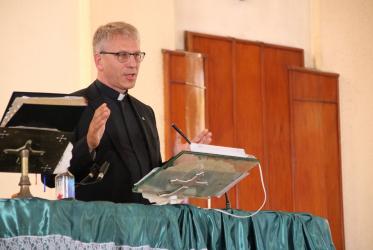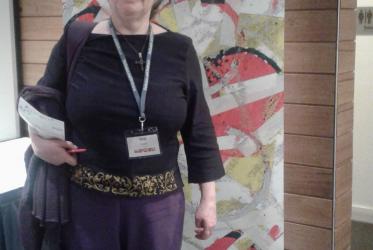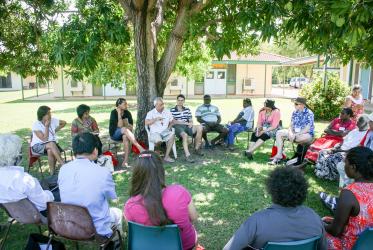Displaying 1 - 20 of 33
CCIA meets in Brisbane with focus on Pacific regional priorities
19 February 2020
The cry of the Papuans in Indonesia
14 November 2019
An advocate for family values, called by God
26 March 2018
Un defensor de los valores familiares llamado por Dios
26 March 2018
#WCC70: A story of how we meet together
02 February 2018
#WCC70: Una historia sobre cómo nos reunimos
02 February 2018
In Fiji, “time to go beyond the reef”
14 August 2017
Indigenous spirituality: can it transform injustice into justice?
01 September 2016
¿Puede la espiritualidad indígena transformar la injusticia en justicia?
01 September 2016









